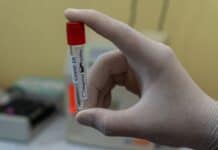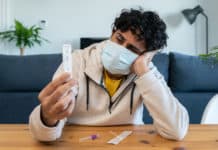 Many experts believe it will take a coronavirus vaccine to get incentive travel going again. The good news is, according to a New York Times article, researchers around the world are developing more than 165 vaccines against the virus, and 27 are in human trials.
Many experts believe it will take a coronavirus vaccine to get incentive travel going again. The good news is, according to a New York Times article, researchers around the world are developing more than 165 vaccines against the virus, and 27 are in human trials.
Moderna was the first U.S.-based company to put a vaccine into human trials, reports the New York Times. The German company BioNTech has entered into collaborations with Pfizer, based in the U.S., and the Chinese drugmaker Fosum Pharma to develop an mRNA vaccine, according to the Times.
Seventy-five countries have submitted expressions of interest to protect their populations and those of other nations through joining the COVAX Facility, a mechanism designed to guarantee rapid, fair and equitable access to COVID-19 vaccines worldwide.
Interim results from the ongoing Phase I/II COV001 trial, led by Oxford University, showed AZD1222 was tolerated and generated robust immune responses.
Late-stage Phase II/III trials are currently underway in the UK, Brazil and South Africa and are due to start in the U.S. Trials will determine how well it will protect from the COVID-19 disease and measure safety and immune responses in different age ranges and at various doses.
In parallel, AstraZeneca continues to fulfill its commitment for broad and equitable access to the vaccine, should late-stage clinical trials prove successful. So far, commitments to supply more than two billion doses of the vaccine have been agreed with the UK, US, Europe’s Inclusive Vaccines Alliance, the Coalition for Epidemic Preparedness, Gavi the Vaccine Alliance and Serum Institute of India.
A coronavirus vaccine may be proven effective before the end of the year; however, it will not be widely available.
Health and care workers will be prioritized as will people who are deemed at high risk from Covid-19 due to their age or medical conditions.
However, widespread vaccination is likely to be, the earliest, next year, even if everything goes to plan.










